From July 1, Decree 94/2025/ND-CP on the controlled testing mechanism in the banking sector (sandbox), including peer-to-peer lending (P2P Lending), will officially take effect. This is considered an important milestone in the journey to bring online lending activities into the legal framework in Vietnam.
Following the article by Nguoi Lao Dong Newspaper on the urgent need to control the online lending sector according to Decree 94, the reporter continued to record opinions from international experts to find solutions to effectively implement the P2P Lending model.
Mr. Heng Lee, Head of Government Relations and Public Policy for Asia Pacific at Kaspersky Security Group, said that the piloting of the peer-to-peer lending model will help expand access to capital for people. Individuals without a credit history or who have difficulty accessing loans from traditional banks will have more opportunities to access finance, contributing to promoting financial inclusion.
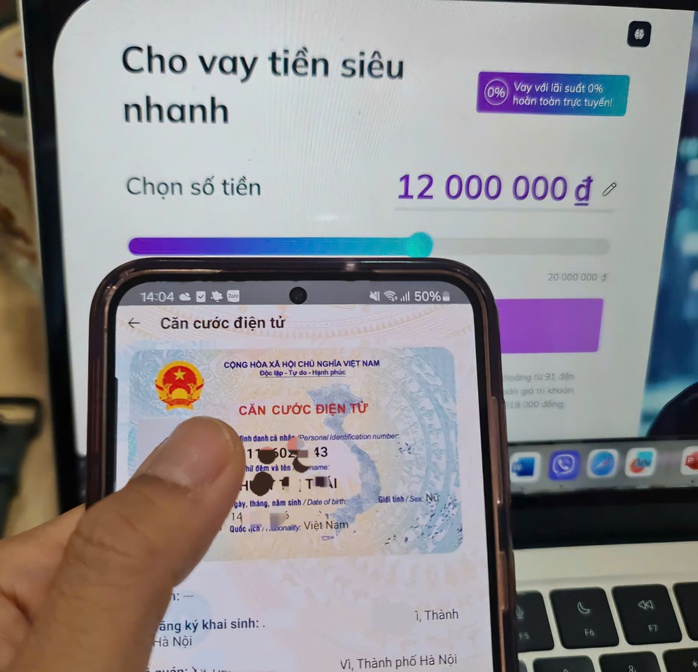
Online lending appeared in Vietnam from 2018 - 2019, then exploded during the COVID-19 pandemic. A series of simple lending apps were born with sky-high interest rates, causing many consequences.
According to Mr. Hang Lee, the peer-to-peer lending market in Vietnam began to emerge in 2018-2019 and exploded during the COVID-19 pandemic. However, along with the rapid development came a series of consequences when many lending applications with simple procedures but "exorbitant" interest rates appeared everywhere. Many companies do not have enough budget to invest in important departments such as finance - accounting, legal or cybersecurity, leading to serious risks for borrowers.
Therefore, the issuance of Decree 94 is a remarkable step forward in establishing a legal corridor, paving the way for modern financial technology solutions, especially P2P Lending activities. However, he also warned about some worrying issues in this model, notably debt collection activities and user data processing.
Because, in reality, many lending platforms are applying data collection methods not only from borrowers but also from their personal relationships. This increases the risk of sensitive data leakage, leading to harassment, privacy violations and public outrage. The pilot phase under Decree 94 will be an opportunity for the Government to assess the actual risks and build a sustainable legal framework, suitable for the development speed of the digital financial model.
Although allowing borrowers and lenders to transact directly through a technology platform, the P2P Lending model in Vietnam is still not recognized as an official financial institution. Companies operating in this field still operate under a separate mechanism, separate from the traditional banking system, despite being supervised by the State Bank.
From a business perspective, Mr. Tran The Vinh, General Director of Tima - one of the first platforms in Vietnam operating under the P2P Lending model, said that in order for this model to develop healthily and not become a cover for black credit, it is necessary to strengthen supervision and tighten management.
According to him, authorities need to establish a regular inspection mechanism, especially regarding interest rates, credit appraisal processes and protection of users' personal information.
According to experts and businesses, for the first time Vietnam has a trial legal framework for peer-to-peer lending activities, which will create an important foundation for businesses to confidently invest and deploy products in a legally safe area, while contributing to the health of the rapidly developing consumer finance market.
Source: https://nld.com.vn/cho-vay-online-thi-diem-the-nao-cho-hieu-qua-tranh-tranh-cai-khi-doi-no-196250526141655462.htm


![[INFOGRAPHIC] Open-back headphones, look like a... pill](https://vphoto.vietnam.vn/thumb/1200x675/vietnam/resource/IMAGE/2025/7/16/cd63f007ad404018aa504c1009ce19ba)

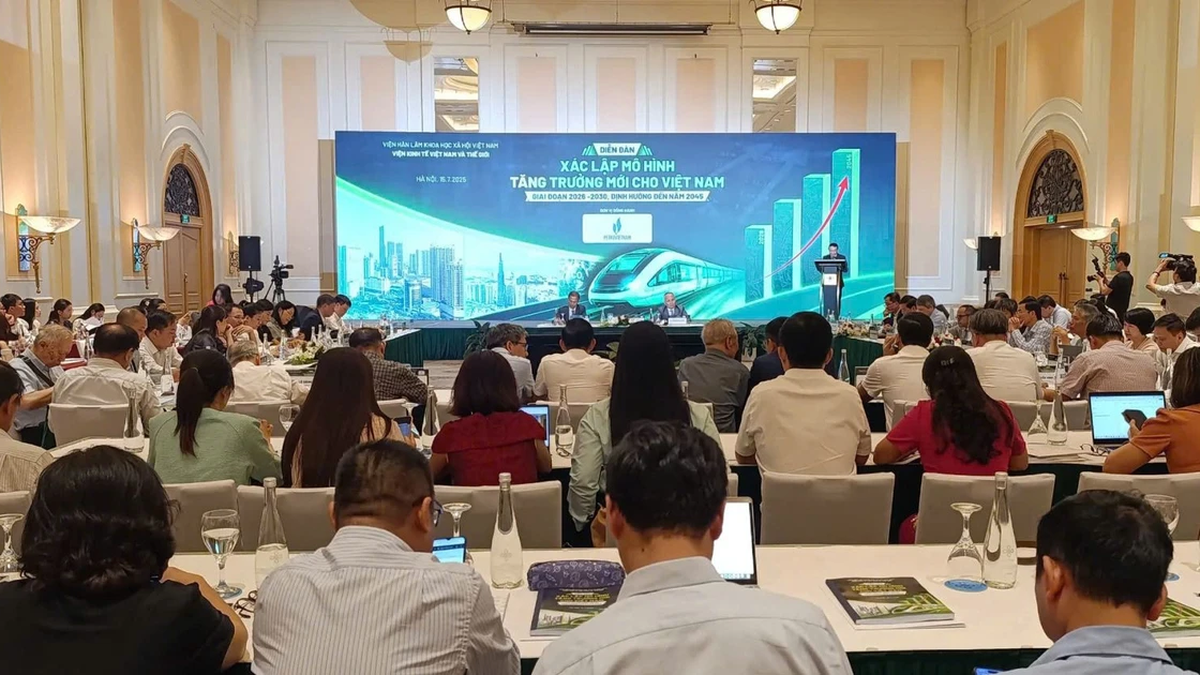
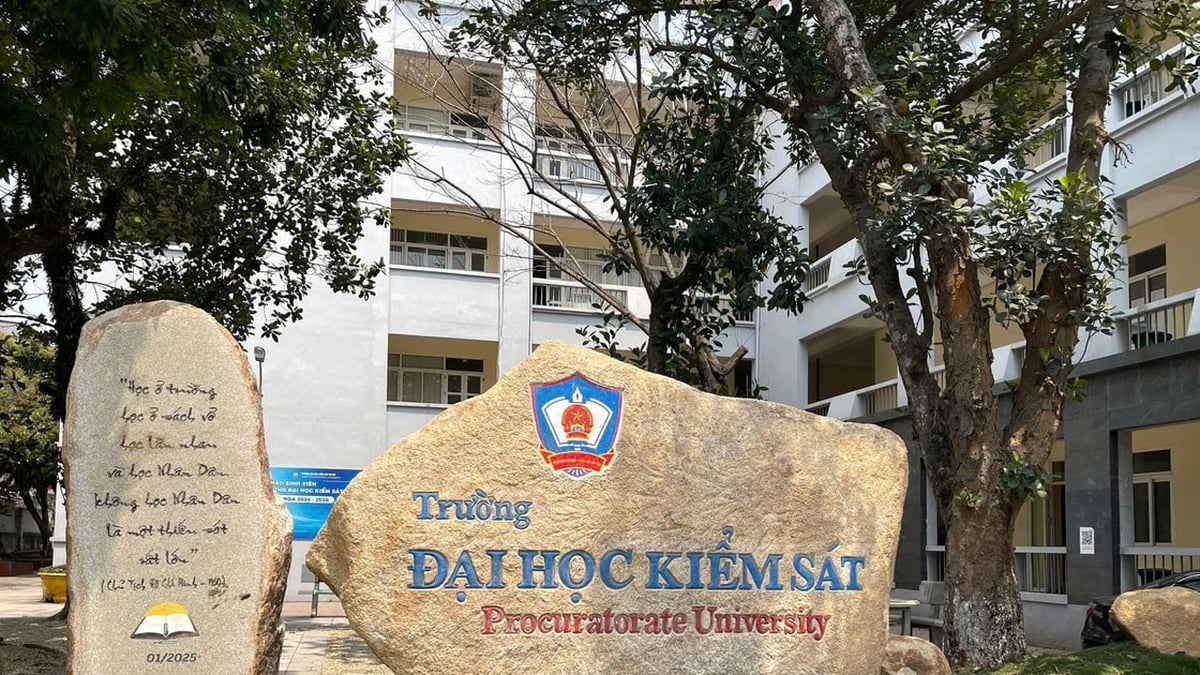




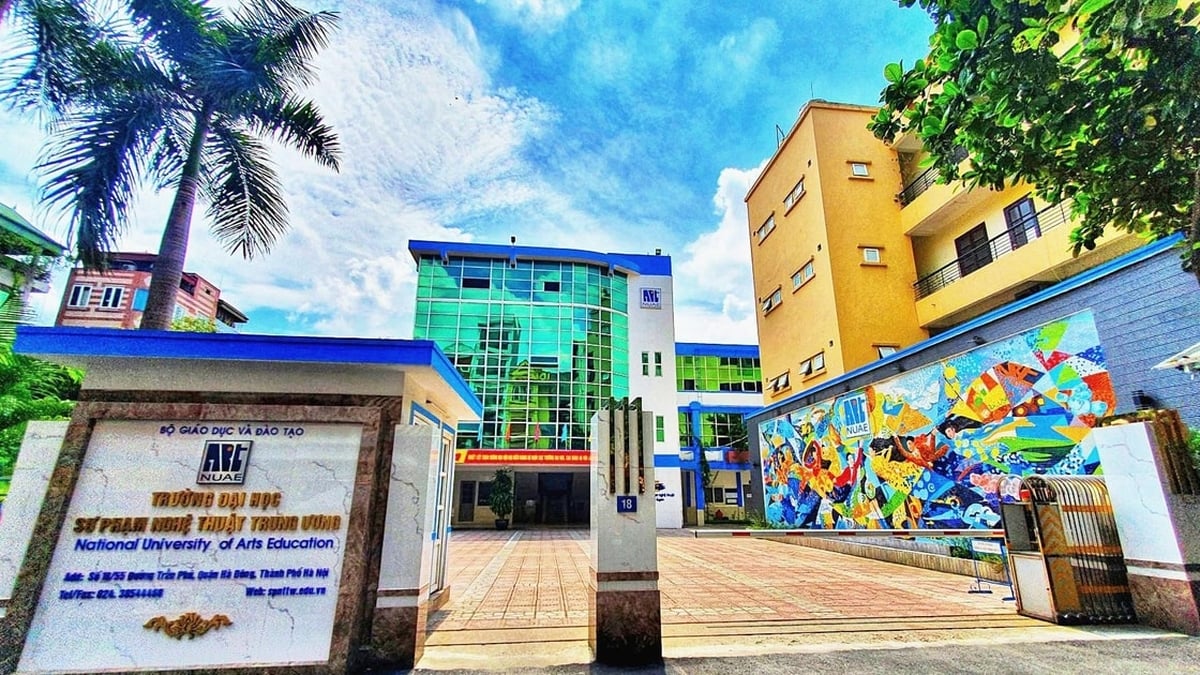
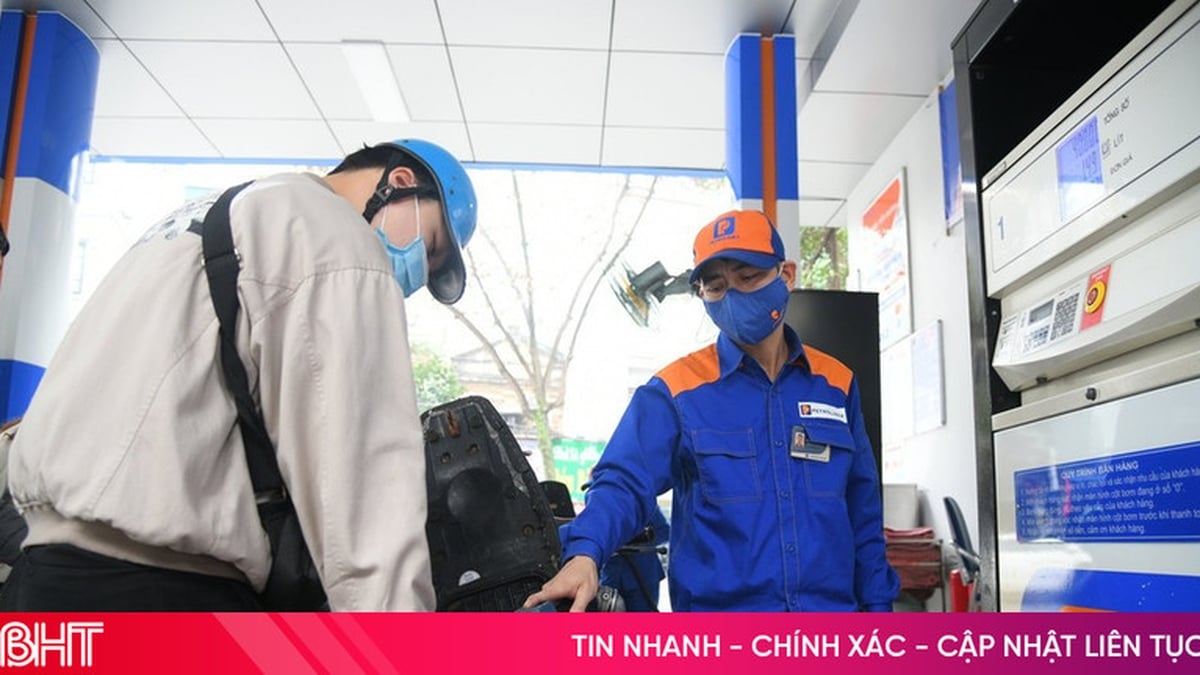



































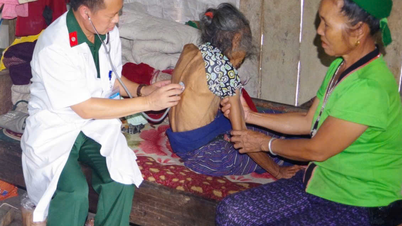







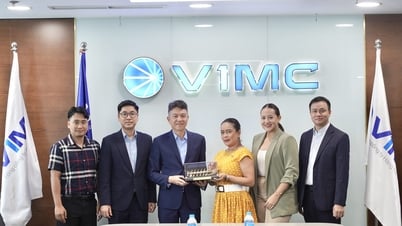





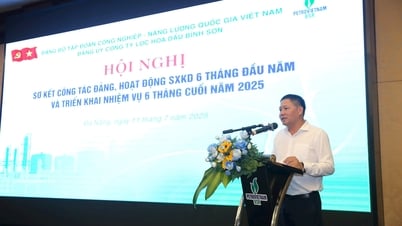








































Comment (0)